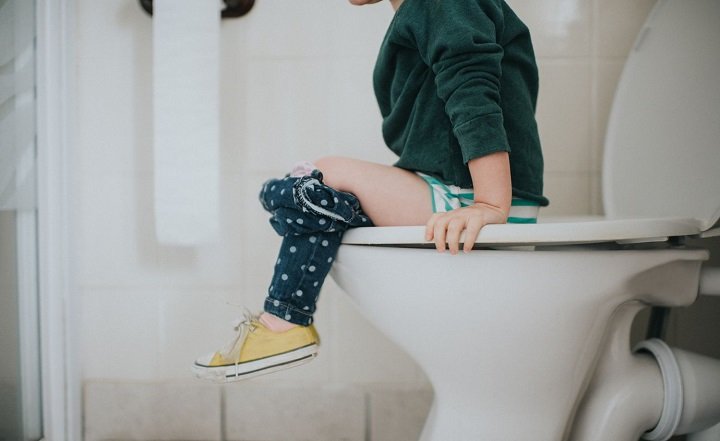Elimination Issues
Elimination Issues
Elimination disorders refer to difficulties in controlling bowel movements or urination, resulting in involuntary or inappropriate elimination of waste. Marga provides support and intervention techniques for two common elimination disorders: Encopresis and Bed Wetting/Enuresis.
Encopresis
Encopresis is the involuntary or intentional soiling of faeces in inappropriate places, usually beyond the age of toilet training.
Common symptoms include:
- Soiling of underwear or clothing with faeces.
- Withholding bowel movements or avoiding the toilet.
- Abdominal discomfort or constipation.
- Difficulty maintaining friendships or social relationships

Intervention Techniques at Marga:
- Behavioural Therapy: Implementing strategies to establish regular bowel movements and promote healthy toilet habits.
- Toilet Training Techniques: Assisting parents in developing appropriate toilet training methods, including consistent routines and positive reinforcement.
- Diet and Fiber Management: Educating parents about the importance of a balanced diet and fibre intake to prevent constipation.
Bed-Wetting/Enuresis
Bed-Wetting, also known as enuresis, is the involuntary release of urine during sleep beyond the age at which bladder control is expected.
Common symptoms include:
- Recurrent bedwetting episodes.
- Daytime urinary urgency or frequency.
- Emotional distress or embarrassment.
Intervention Techniques at Marga:
- Bedwetting Alarms: Using alarms to alert the child when they begin to wet the bed, helping them develop awareness and control over their bladder.
- Fluid Management: Assisting parents in managing fluid intake patterns to minimise nighttime bedwetting episodes.
- Bladder Training: Teaching techniques to strengthen the bladder and improve control over urination.






